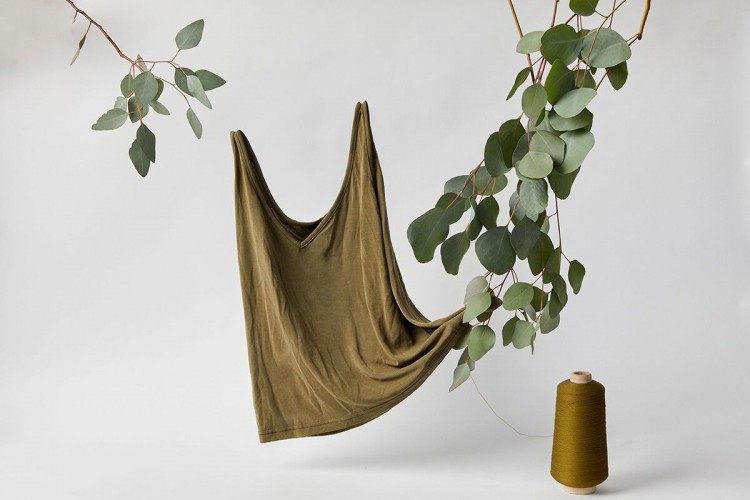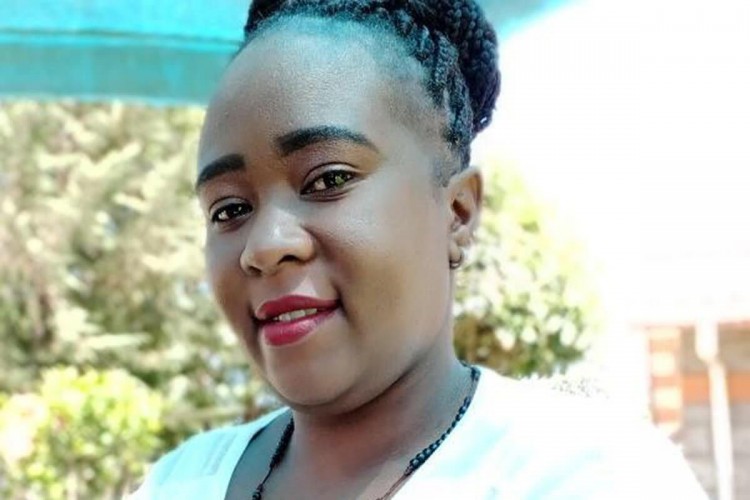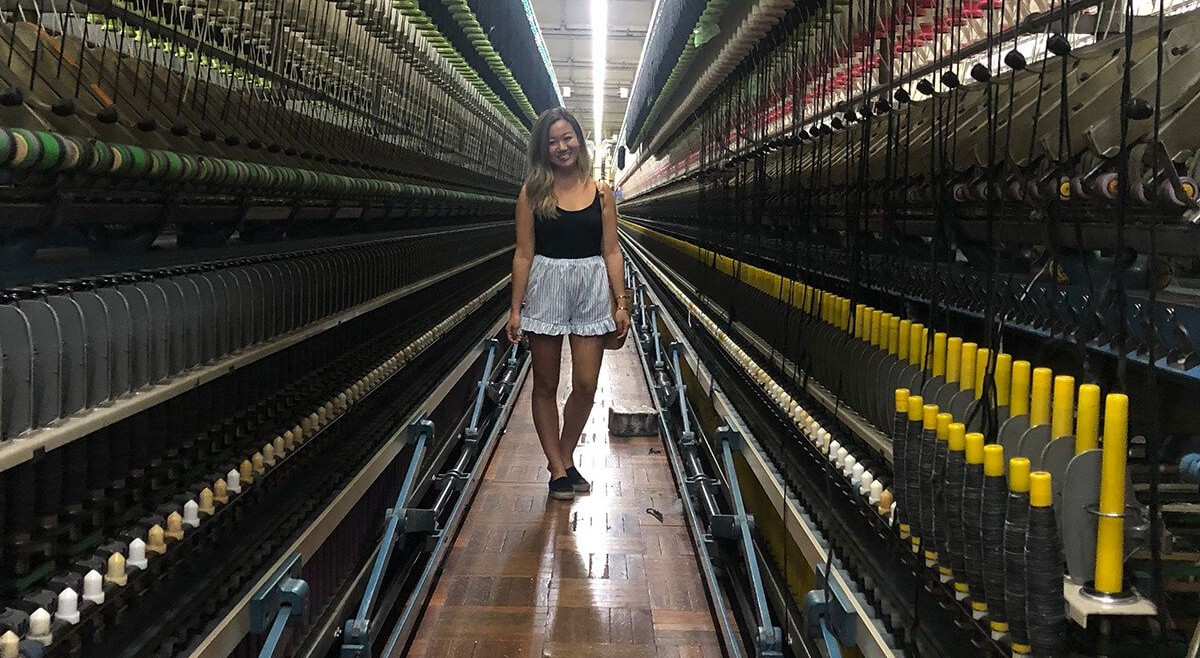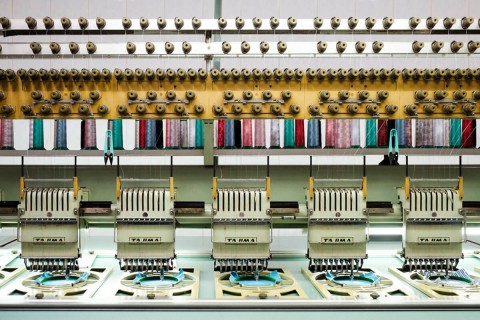
From coffee grinds to beech trees – turning waste into wearables

The Lezé the Label fashion line uses sustainable materials exclusively.
Posted ─ 2021-05-18
We can use waste to make more things. We don’t have to use raw materials.
Tanya Lee, Business alumna and fashion entrepreneur
Discover where a business education can lead. Read more here:
Card link for Young mentors from UBC Sauder School of Business team up with an ambitious Kenyan entrepreneur to adapt to pandemic


Young mentors from UBC Sauder School of Business team up with an ambitious Kenyan entrepreneur to adapt to pandemic
When Pavani Chugh first traveled to Kenya with 20 other business students in the summer of 2019, there was no pandemic, ...
Card link for MBA course aims to equip cities for survival


MBA course aims to equip cities for survival
MBA students from top universities around the world are teaming up online to make cities more resilient and to develop s...


